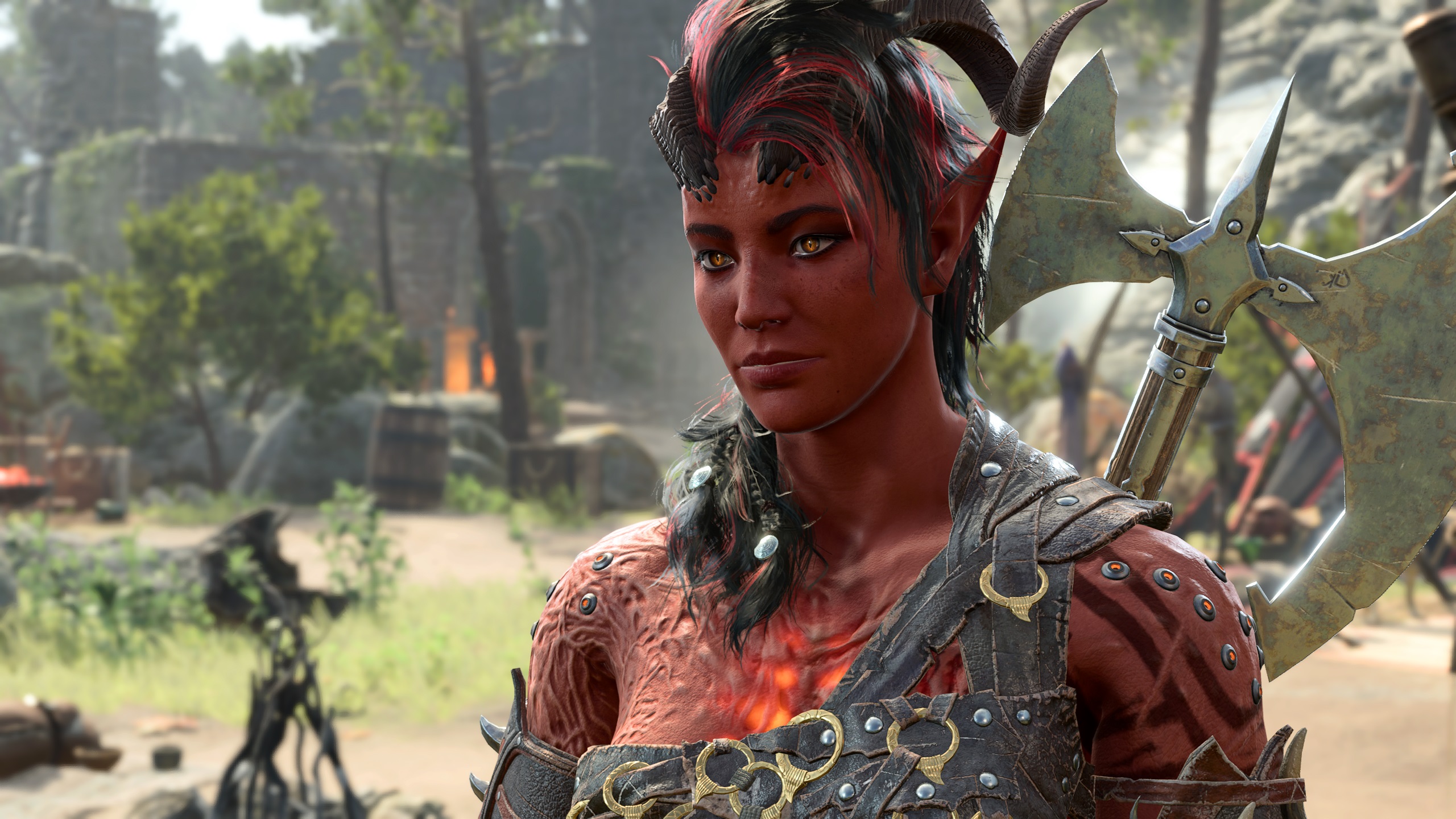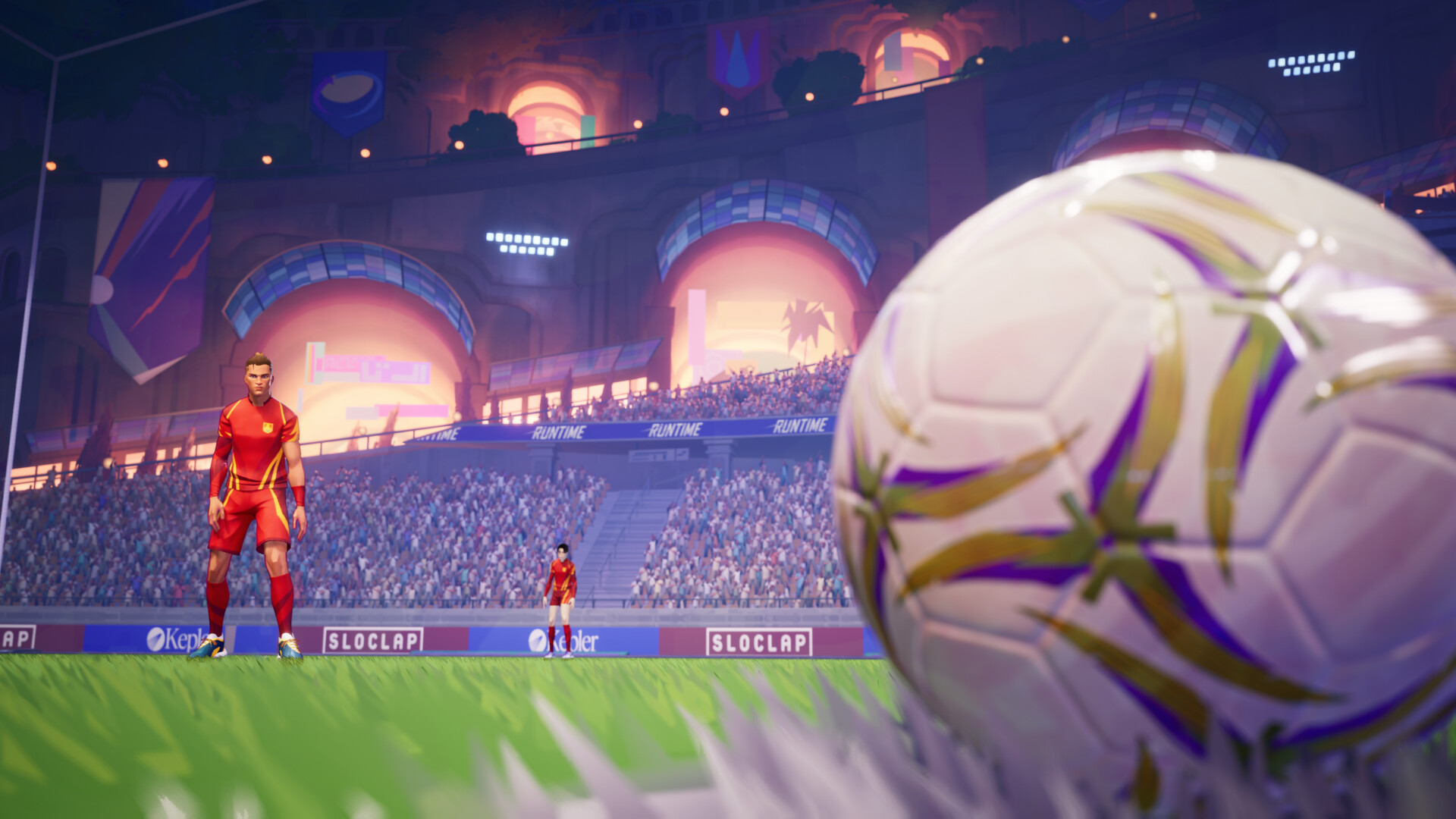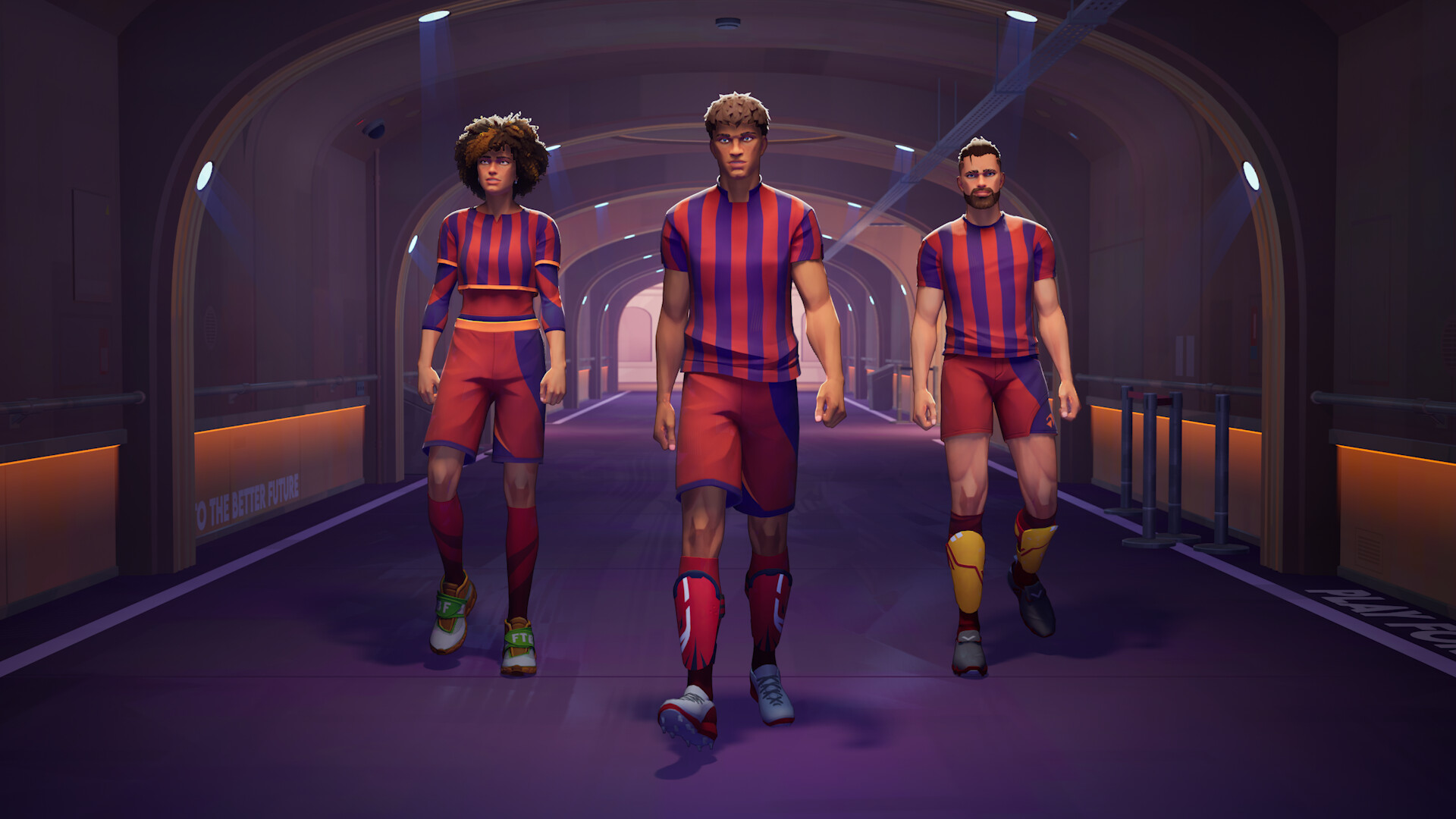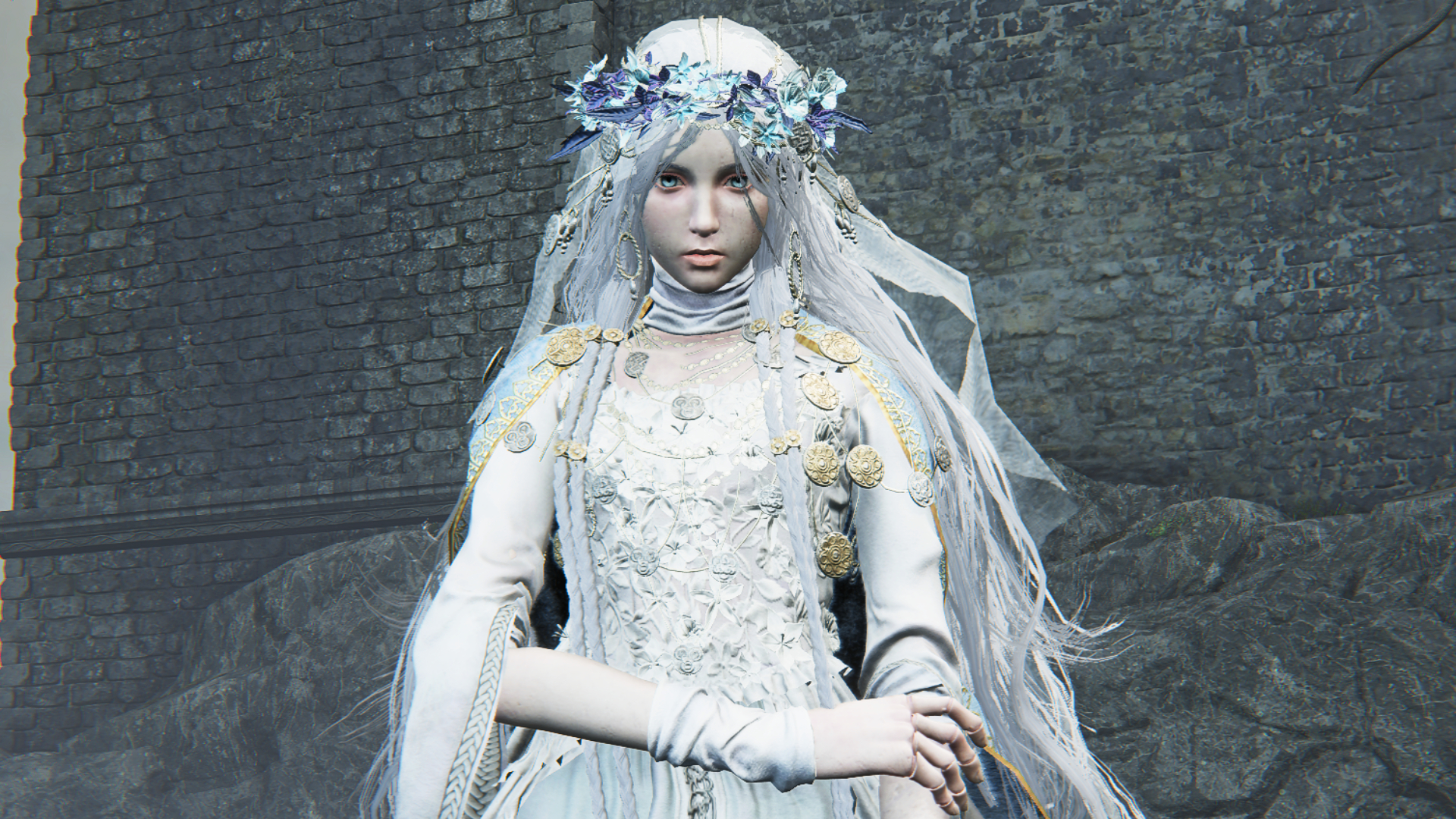
Too many games, not enough time.
As gamers, we all joke about our huge backlogs of games and never having time to play anything, but behind the pained chuckles there’s often a real anxiety. These days it’s so easy to get swept up in the fast-paced world of PC gaming and feel like you’re lagging behind everyone else, despite how many hours you’re spending in front of your machine. I live in a constant state of feeling like I’m missing out on something, even when the latest flavour of the month is a game I wouldn’t normally be interested in anyway, and I know this is a feeling that most people encounter.
But this isn’t limited exclusively to gaming. You probably feel a little left behind when it comes to any sort of media, be it whatever people are watching on TV or which films are in the cinema that you just can’t find the time to see. If people are talking about it, there’s some part of you that wants to be involved, but due to the constant barrage of new things to engage with, it feels impossible to keep up.
I always feel like I’m making sacrifices when this feeling of missing out starts to snowball, especially in gaming. When I’m enjoying one game, I can’t help but think I’m missing out on another. I’ve been spending so much time honing my skills in Tekken 8, but my mind keeps drifting to the copy of Helldivers 2 that is collecting dust in my Steam library. This feeling of guilt has impacted my enjoyment of certain games.
Of course, having so much to play isn’t a bad thing. But it feels like there’s an assumption about how being a PC gamer immediately labels you as someone who has played every single PC game that’s ever been released, which isn’t the case — and that’s something I’ve had to gently remind myself each time a flurry of games has been siphoned into my “to be played” pile and then not touched for months.
Too much of a good thing?
(Image credit: Tyler C. / Capcom)
Game anxiety is bound to affect anyone actively involved in gaming at some point. It usually manifests itself as a form of ‘fear of missing out’ (FOMO) which is a genuine issue that feels like a weight sitting on your shoulders. With live service games, falling behind your friends tends to make you feel like if you don’t have hours on hand to level up and catch up, there’s simply no point in even trying and you might as well wait for the next chapter, season or battle pass.
At least the rapid-pace live service games roll out seasonal events and battle passes quickly, so it won’t be long before you have some form of clean slate to build upon. With that said, this barrage of new content provides an additional layer of FOMO since it’s so easy to fall behind if you miss one event, which is more than likely going to be the case if you’ve stretched yourself across several live service games.
Singleplayer games feel more forgiving when it comes to this fear of missing out since they promote venturing at your own pace, but being involved in online communities still means constantly feeling like you’re lagging if people are talking about a point you haven’t reached. Generally, the best way to avoid feeling like you’re missing out is to see how far you can get before engaging in any conversation or looking for help, but if you’re someone who tends to share their experience rather than going through it entirely solo this is a pretty challenging feat; most games have a nurtured community prepared to share the experience.
Easier said than done
(Image credit: Arrowhead Game Studios)
When you feel ready to tackle this sense of missing out or game anxiety, it’s a lot easier said than done. There will be games or seasons that you miss out on or gear that you may not unlock and that’s okay—that doesn’t make you any less of a valuable player, despite how competitive things seem, especially in live service games. You don’t need the latest skin or weapon to enjoy it to its full potential. That’s a bitter pill to swallow but a valuable lesson to teach yourself if you do struggle with FOMO.
But the more time you spend worrying about trying to keep up to date with every single PC game that has any sort of popularity, the more fun is stripped away from the experience. If you’re too busy worrying about how you could be playing something else, you’ll end up in a vicious circle of feeling bad about whatever you’re playing which isn’t productive in any way and may result in putting yourself off playing any game at all.
It’s essential to avoid persuading yourself that you’re sacrificing valuable game time by playing something else. The fun that you have in your games doesn’t need to be compared to your fellow players, and the more time you spend playing the faster you realise that whether or not you’re falling behind really doesn’t matter in the grand scheme of things. At the end of the day, as long as you’re enjoying what you’re doing and playing—you’re not missing out on anything.





